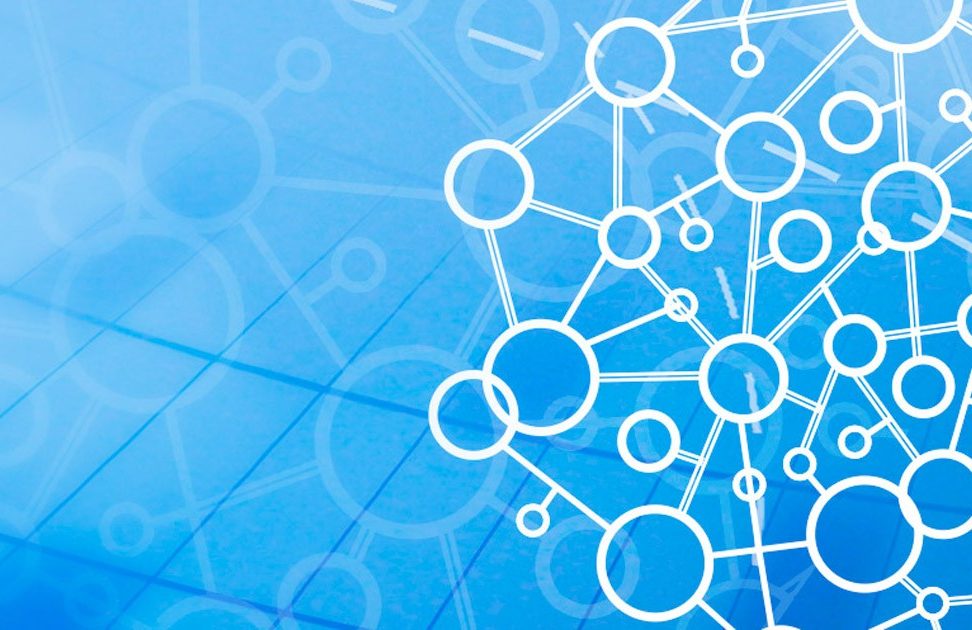Nowadays, it is expected that most, if not all, industries embrace new digital AI technology. Healthcare is now experiencing a transformation within AI. Machine Learning algorithms and Natural Language Processing (NLP) are now being used to understand everything healthcare related.
The most encouraging and forward-thinking AI technologies within healthcare are that of Computer Vision. As of today, healthcare practices are claiming that AI is prominent in current healthcare operations currently, such as using AI vendors to help patient diagnosis for health professionals using machine vision, perform general administration tasks, and offer solutions for therapy programs. These advancements have contributed to the beginning of a brand new era within healthcare.
Today, Computer Vision and NLP are increasing their importance in the lives of doctors and patients alike. The utilization of ML techniques and algorithms are helping machines perform patient diagnoses, surgeries, and make breakthroughs in medicine, also known as intelligent medicine within the field of AI.
From identifying health abnormalities through scans to determining the diagnosis, we’ve picked out the key capabilities of computer vision that are transforming the healthcare industry.
Results Diagnosis and Treatments
Patients want to be seen and examined as quickly as possible. Computer Vision helps perform a remote diagnosis to achieve faster results. Today, applications and chatbots are being developed to answer medical questions and perform examinations just as a health professional would. The use of speech and language processing helps provide the symptoms of medical concern, and whilst medication prescriptions are written and given to the pharmacist, for example, the chatbot would quickly transmit the prescription to the doctor. Another example is identifying medical history documents, which can simply be searched through a machine. Computer Vision increases the level of operations at a much greater depth than a human doctor could ever imagine.
Cancer Screening
Computer Vision has been promising in identifying any cancer cells during a cancer screening process. This breakthrough is seen as a positive for healthcare, where biopsy results can be administered on the spot. Computer Vision has also been beneficial in identifying tumours within breasts to locate breast cancer, for example.
Autonomous Nurses
How does a nurse greet you? By calling your name when in the waiting room awaiting your appointment. AI-enabled chatbots can now do this plus much more. The chatbot has the ability to be your virtual nurse assistant. Your questions can be answered, your medical history can be identified, and they even can prescribe the appropriate medication for your health concern. Nursing robots are expected to be able to communicate and make decisions, along with assisting with drug administration, patient records and communication with doctors. This is particularly useful, especially if nurses have a heavy workload. The only downfall from a human perspective is the reduction of human resources.
The Future of Healthcare With Computer Vision AI
The development of modern medicine is in existence due to the advanced development of computer vision healthcare. Due to this digital transformation, the opportunities to expand the horizon of healthcare has increased in demand and now, consequently, the benefits are being recognised. The potential to improve quality and efficiency within healthcare practice around the world is becoming something that simply cannot be bypassed. The prevalence of autonomous and robots are now leading the way for better and faster healthcare.
This is a Contributor Post. Opinions expressed here are opinions of the Contributor. Influencive does not endorse or review brands mentioned; does not and cannot investigate relationships with brands, products, and people mentioned and is up to the Contributor to disclose. Contributors, amongst other accounts and articles may be professional fee-based.

